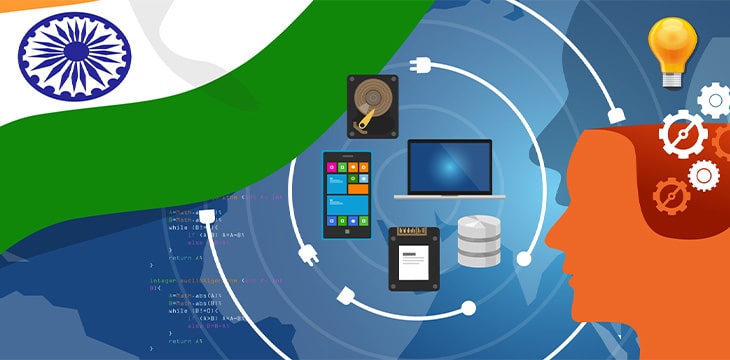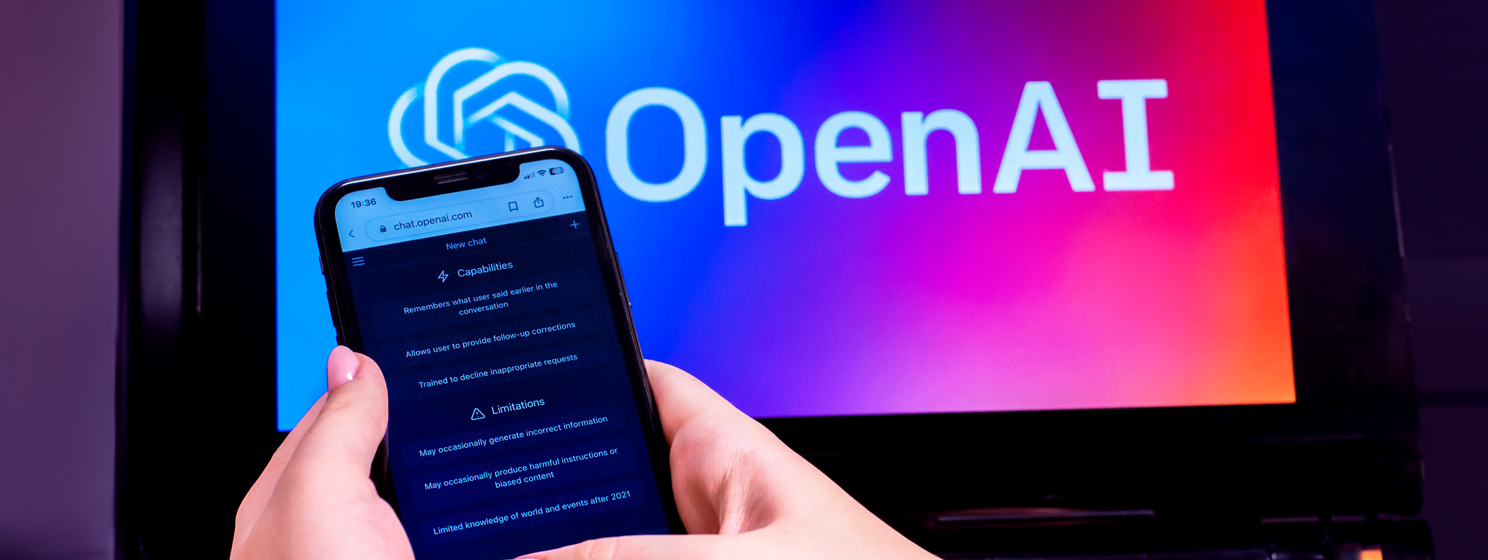|
Getting your Trinity Audio player ready...
|
Dilip Asbe, the chief executive officer and managing director of the not-for-profit payment infrastructure platform the National Payments Corporation of India (NPCI), is the latest government official to call for more adoption of blockchain technology in the country.
In an opinion piece he co-authored with NPCI Senior Lead-Innovation Management Ashutosh Dubey published in the Indian Express, Asbe stated that India has made significant strides with current public digital infrastructures with the development of online services such as payments, identification, and record keeping.
However, current public digital infrastructure have limitations that distributed technologies can only solve. At present, designing public infrastructure based on the principles of availability, affordability, value, and trust is an arduous task. But it can be made significantly easier on Web 3.0 with blockchain technology, they argued.
“A blockchain-based infrastructure can provide all of these attributes without the need of trusting any particular actor to verify a ledger’s history. The blockchain records could be visible, compiled, and audited by the regulators in real-time,” the authors said.
The piece cited Estonia as an example of where blockchain technology has been getting real-world trials in facilitating public infrastructure. The author also noted unique features of blockchain technology, such as smart contracts that have been finding more use cases across industries.
The analysis led the authors to recommend creating a national blockchain platform.
“The need of the hour is to work on an indigenous solution of the people, for the people, and by the people — an India Blockchain Platform — even if it takes years to design and implement,” they wrote.
The author also stated that the platform should be developed as a Layer 1 (L1) blockchain that can interconnect other blockchains. This will allow for the deployments of decentralized applications (dApps), token service providers, infrastructure managers, and other relevant and purpose-specific applications at L2 for minimal cost and effort.
Watch: The BSV Global Blockchain Convention panel, The Future World with Blockchain
https://www.youtube.com/watch?v=v9hDGDoy1mM&feature=youtu.be

 03-04-2026
03-04-2026 




